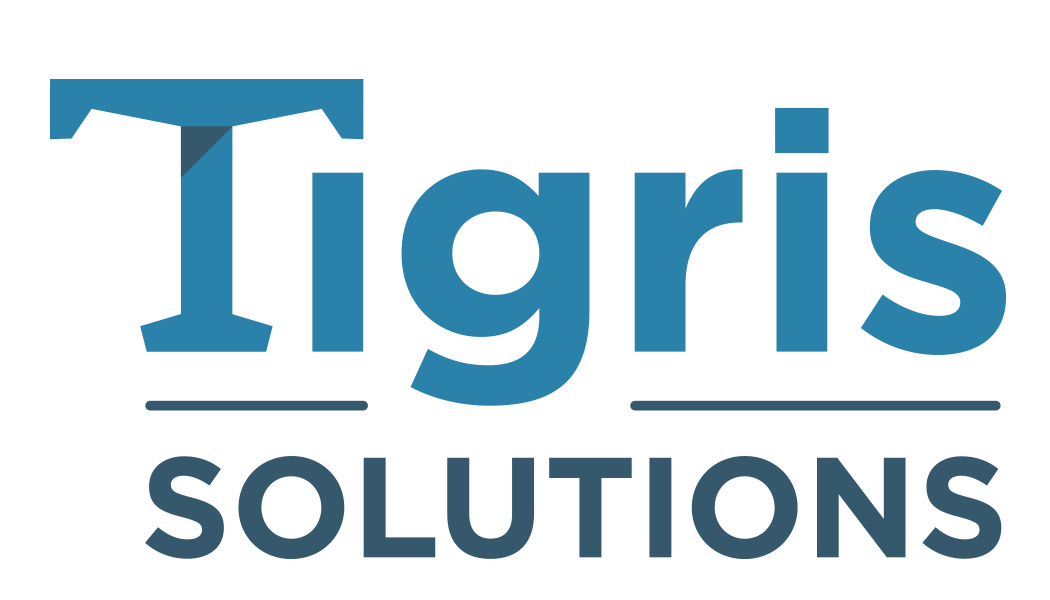Hope and Healing
in Your Community
In the 50 years since the original Adverse Childhood Experiences (ACE) Study, there has been an increasing awareness of the impact of trauma on students. Exploring how ACEs impact health and well-being — as well as learning — is a critical first step in developing trauma-informed and responsive communities.
Ultimately, our goal is not just to address ACEs, but to eradicate them by creating self-healing communities of opportunity for everyone.
The Neuroscience of Trauma

FOUNDATIONAL SESSION 1
Develop foundational understandings about the neuroscience related to trauma and why that is critical to learning.
The Neuroscience of Trauma
Adverse Childhood Experiences

FOUNDATIONAL SESSION 2
Learn about the Adverse Childhood Experience (ACE) Study and how it helps us understand developmental experiences and trauma.
Adverse Childhood Experiences
Core Protective Systems

FOUNDATIONAL SESSION 3
Understand the power of core protective systems and how communities create these to become trauma-responsive.
Core Protective Systems
These foundational sessions are supported by a menu of additional options designed to extend learning and generate strategies that support the development of a healing-centered community.
Circle
Practices
in Schools

Circle practices are powerful frameworks that honor the culture of an organization and allow all voices to be heard.
Circle Practices in Schools
Social and Emotional Learning

Build the key social skills that students need: self-awareness, self-management, responsible decision-making, social awareness, and relationship skills.
Social and Emotional Learning
Understanding Secondary Toxic Stress

What are the implications of children's trauma for educators? Develop strategies for self-healing and responsiveness.
Understanding Secondary Toxic Stress
Increasing Educator Resilience

Develop the habits that boost resilience, increase energy, and cultivate an optimistic climate for educators to thrive.
Increasing Educator Resilience
Culturally Responsive Pedagogy

Revisit curriculum and activities to ensure that students see themselves represented so that they can develop both identity and agency.
Culturally Responsive Pedagogy
Becoming a
Self-Healing Community

Strategy sessions that bring teams together to intentionally focus on systemic changes that support the creation of a healing community.
